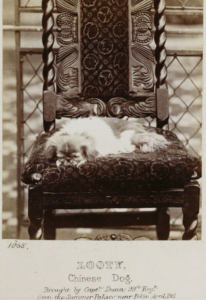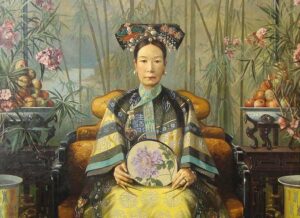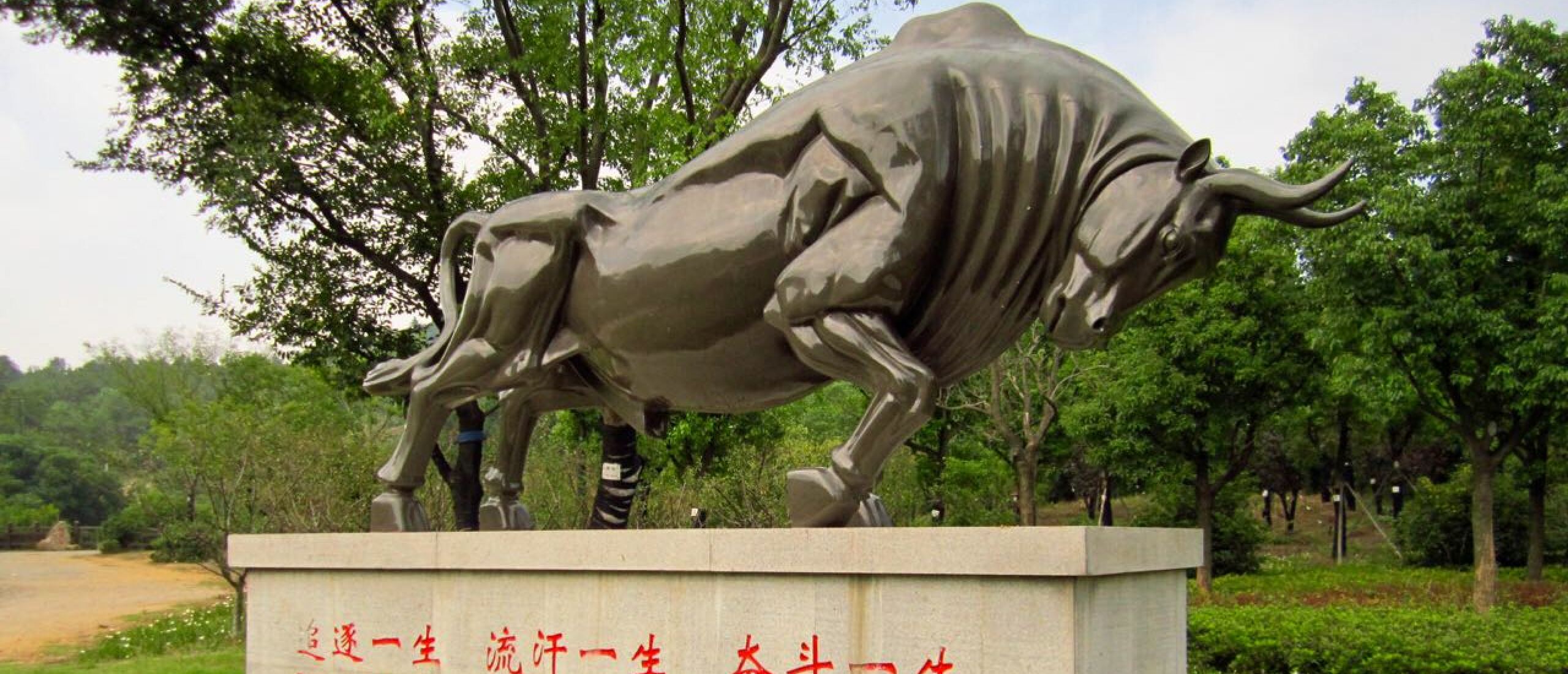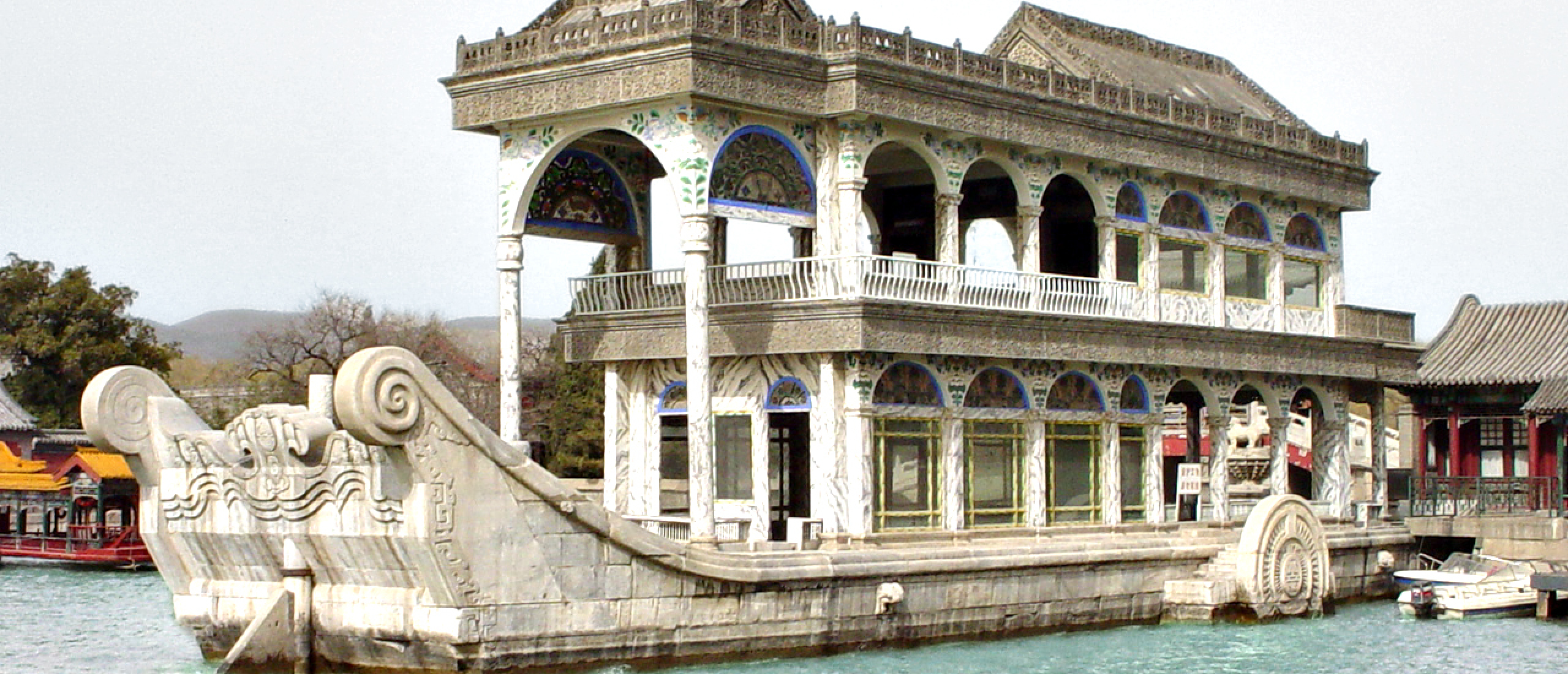
An extraordinary story of a Pekingese dog, the sacking of the Summer Palace, the two most powerful women in the late 19th century world, and a chance find in a Dutch second-hand bookshop Last week I found myself in a well-known bookshop in Wageningen, a small town in the Netherlands that hosts one of the world’s few universities that specialise entirely in life sciences. I had visited that shop on numerous occasions during my 14 years of teaching in that town, but I had never realised that there was a second-hand section upstairs. This time, however, I found that out and ventured up to the second floor. There I found lots of interesting volumes, but my eyes seemed to be drawn to a volume with the intriguing title of “The Butterfly Lions”, perhaps because of my abiding passion for butterflies. I then noticed that the book was written by Rumer Godden, an authoress whom my paternal grandmother knew (I’m not sure how exactly, but they were both born in and spent much of their lives in India, and both settled in later life in Galloway, in south-west Scotland).
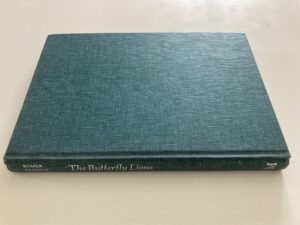 The Butterfly Lions, by Rumer Godden
The Butterfly Lions, by Rumer Godden
On opening the book, I found to my initial disappointment that the subject matter was dogs, more specifically Pekingese dogs, a breed that had never interested me before perusing this book. I leafed through the pages rapidly, but I soon realised that, while the book was superficially about these diminutive dogs, it was in fact much more of an account of how the breed reached the Western world, leading on to a comparison between the two most powerful women in the world in the late 19th century, Queen Victoria in the United Kingdom, and the Dowager Empress Cixi in the dying days of the Qing Dynasty in China, a period that has long fascinated me.
By now hooked, I bought the book and proceeded to read it from cover to cover in two days. Although perhaps tenuous, I felt a strong family link with the subject matter, partly because of my grandmother knowing Rumer Godden, but more importantly due to the long history of my great great uncle Harry Walker, who rose from being a humble rigger in the Royal Naval Dockyard at Sheerness, having left school at 14, to eventually become Professor of Marine Engineering at the Tientsin Naval Academy, having been lent to the Imperial Chinese Navy to help it build up its strength to counter Japan – an effort that eventually came to nothing when the Chinese Navy was trounced by the Japanese forces in 1894, leading to China being compelled to cede Taiwan to Japan. The book begins with the sad and rather shocking tale of Lootie (sometimes spelled Looty), a lonely Pekingese that had been rescued by Capt. J. Hart Dunne, of the 99th Regiment, who bought her from some French soldiers after the sacking and burning of the exquisite Summer Palace in Peking (now Beijing) by British and French troops in 1860, at the end of the Second Opium War. Captain Hart Dunne had named the dog, perhaps in shame and horror at the orgy of looting by the troops that characterised the destruction of the Palace, culminating in its burning on the orders of Lord Elgin, British High Commissioner in Peking (son of the Lord Elgin of the Elgin Marbles fame). It is said that Elgin was haunted for the rest of his days by the memory of what he had ordered.
Uncertain as to what to do with Lootie, and knowing that the animal was of Royal lineage, he sent it to Queen Victoria. Although the dog never became her personal pet, it nonetheless lived for another 11 years in the Royal Kennels in Windsor. Five other Pekingese dogs arrived in the U.K. at this time, all originating in the Summer Palace, and it seems that they were the first of their breed to become established there. The other link I feel with this extraordinary story is the fact that my forebear Harry Walker, as an invited guest of the Imperial Chinese government, apparently took tea with the Dowager Empress Cixi in the marble boat she had ordered the reconstruction of as part of the restoration of the Summer Palace complex that took place after the sacking in 1860. The irony was that this hugely expensive restoration was apparently paid for by slashing the budget allocated to the Navy, the very institution that Harry Walker and his colleagues were in China to help build up, leading at least in part to China’s defeat at the hands of the Japanese warships. I am not sure whether he really visited her on a one-to-one basis, and sadly his diaries appear to have been lost. What is certain, though, is that he was awarded the Order of the Pearl Dragon, a prestigious medal, in recognition of his efforts in maintaining the water supply to the city through the Seige of Tientsin (now Tianjin), during the Boxer Rebellion. Even this is clouded with mystery, though, because Empress Cixi encouraged the Boxers to do their best to force the hated foreign devils out of China, but when this failed, she quickly changed her tune, inviting foreigners to visit her in an effort to improve her image in western eyes. Was Harry Walker one of these?
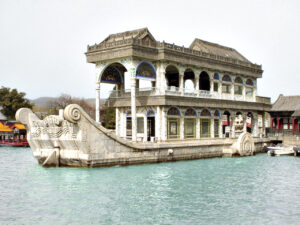 The Marble Boat at the Summer Palace. Source: worldartfriends.com
The Marble Boat at the Summer Palace. Source: worldartfriends.com
Anyway, finding this book was a ticket to a very enjoyable voyage through these pages of history, and who would have thought that a book found in a second hand bookshop in the Netherlands, but inscribed and given to somebody in Epsom, Surrey, in July 1977, should give me such pleasure? And how did the book end up in Wageningen? Thereby hangs a tale as well, no doubt, but one that I shall probably never know the answer to.




